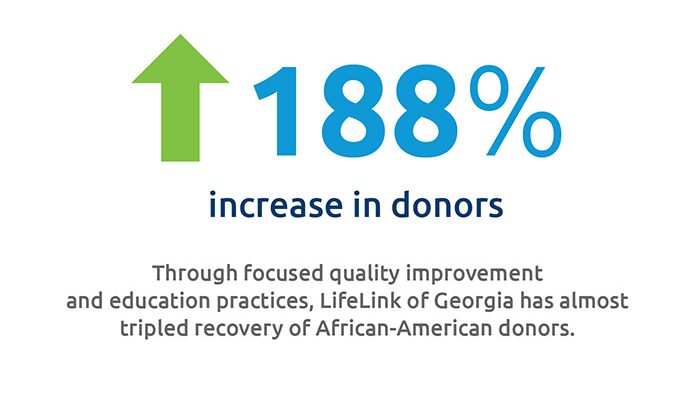in focus
From 1998 to 2018, LifeLink of Georgia's annual donor recoveries increased from 41 to 118.
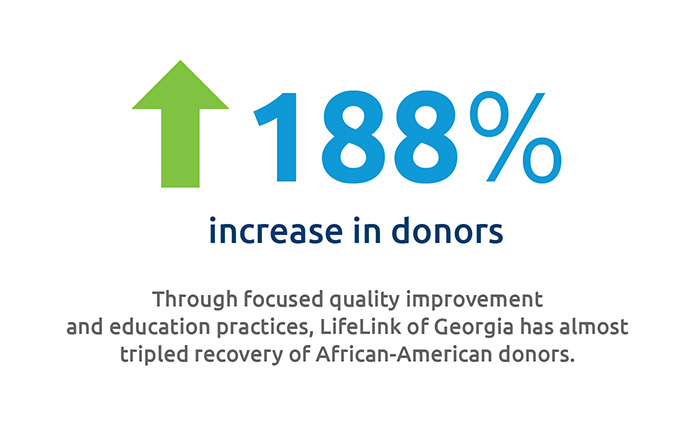
From 1998 to 2018, LifeLink’s annual donor recoveries increased from 41 to 118.
Since developing its Multicultural Donation Education Program (MDEP) in 1994, LifeLink of Georgia has nearly tripled African-American donors.
While African Americans are 13.4 percent of the U.S. population*, they remain disproportionately represented on the current wait list (28.6 percent according to the most recent OPTN data).
African Americans are at increased risk for high blood pressure, diabetes and heart disease, all of which can lead to organ failure. They are also more likely to be highly sensitized, which can mean a compatible organ may take longer to receive.
Because compatible blood types and tissue markers are more likely to be found among members of the same ethnicity, increasing organ donation in minority groups is crucial to increasing transplants.
Through its focused quality improvement and education initiatives, LifeLink of Georgia has increased donor registration in the African-American communities across Georgia. This has led to a sustained increase in donor recoveries, and means more lifesaving organs can get to the patients who need them.
*According to the most recent U.S. Census Bureau population estimates.
Read about Bobby Howard, Director of Multicultural Donation Education at LifeLink, building trust in the community.
In focus
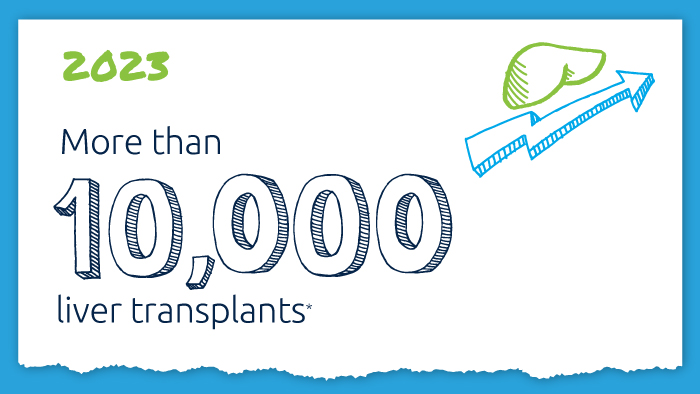
A decade of record increases in liver transplant
10,660 liver transplants, the most ever in a year.
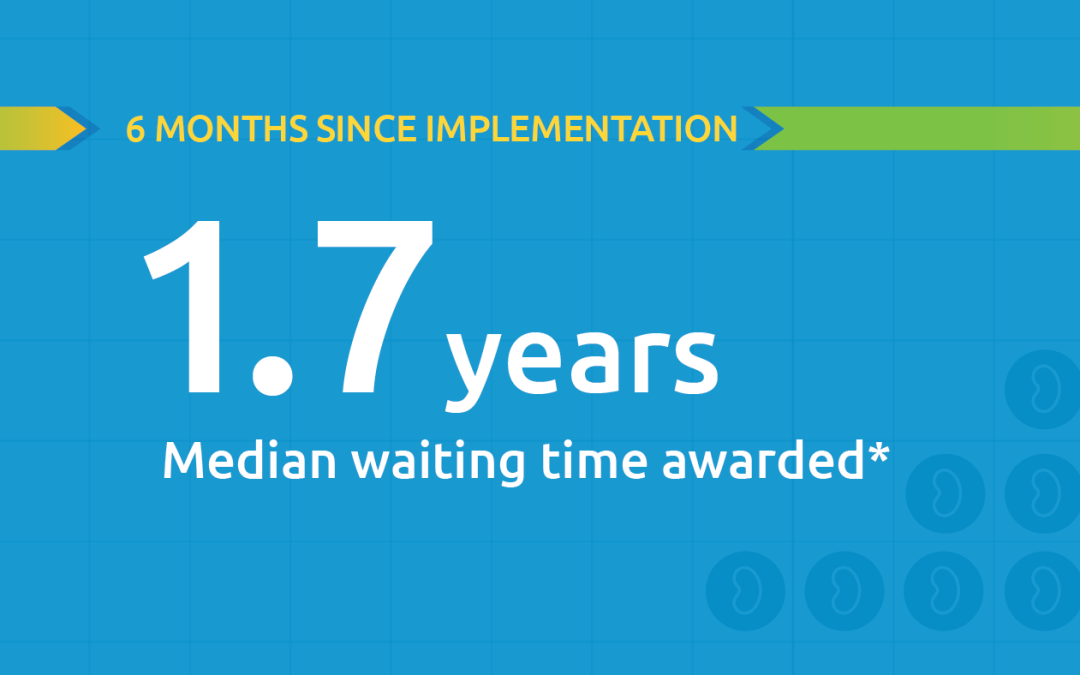
Black kidney candidates are receiving waiting time modifications, helping them get the organs they need
Latest kidney monitoring report shows two new kidney polices are working as intended

Research in focus: examining organ offers
Three recent studies from UNOS researchers examine offer acceptance practices and impact of Offer Filters tool.
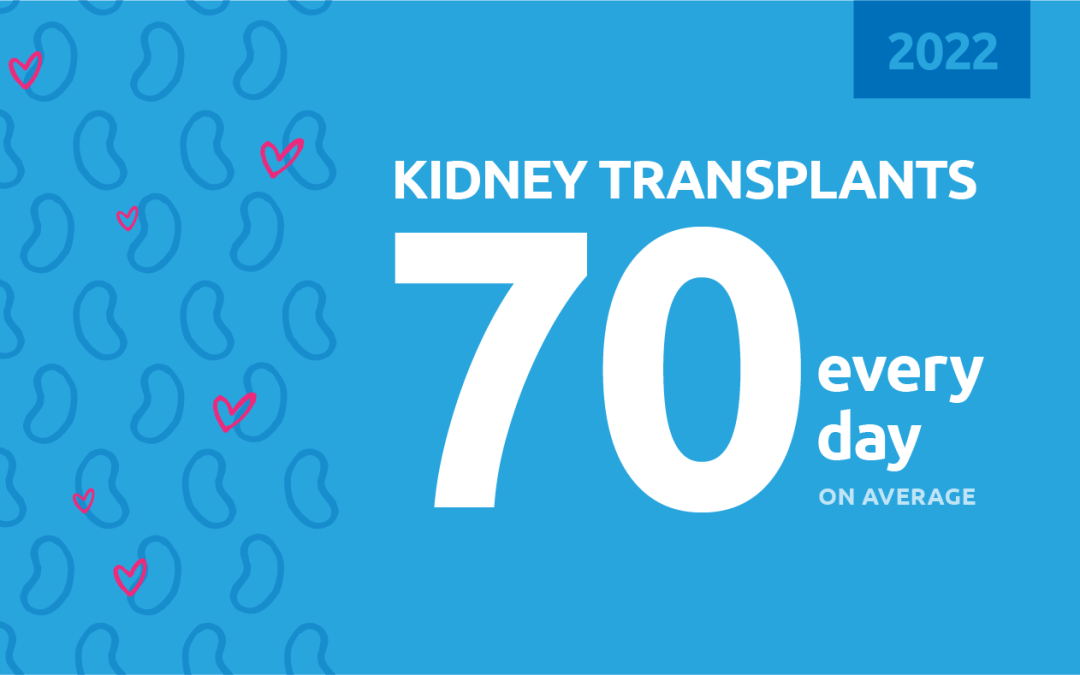
New milestone reached in kidney donation and transplant
For the first time, more than 25,000 kidney transplants were performed in a single year

